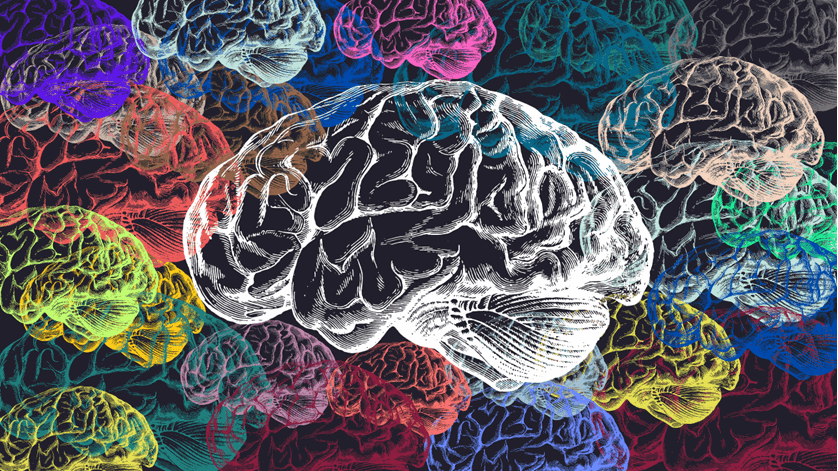Optimal performance in crisis management
In a world where we're not sure what's heading our way next, how do we build the capability of our people to be at their best when the next crisis hits?

How is your organisation supporting and enabling neurodivergent colleagues? It's a topic I've been learning more about in 2023, so I thought it would be helpful to explore this in more detail.
"Neurodiversity" is a term used to refer to the fact that there are naturally occurring differences in human neurocognition i.e. the way that individual brains work.
Being "neurodivergent" means that your brain works differently from the average or "neurotypical" person - it has more prominent strengths and weaknesses.
According to research undertaken by Dr Nancy Doyle, the whole population prevalence of neurodivergence is considered to be somewhere between 15-20%.
This can cover a range of conditions like those listed below, each of them bringing their own unique strengths:
Modern society - and by extension education and the world of work - has organised itself around the ideal of "the jack of all trades" - literate, numerate, fine motor control, sitting still for long periods in noisy and busy environments.
Even our ancestors on the savannah would have organised themselves around 'complementary cognition' e.g. 5% of the tribe would have been "Why are we sitting still? Let's go over there now, let's go look, let's discover!" whilst another 5% would have been sitting quietly by themselves whittling wood and creating the next generation of the spear.
The difficulties experienced by people who are neurodivergent come from the conditions society/education/work has placed them in, rather than in some form of 'deficit'.
Being treated as deficient in your early years and pathologised by medical experts during diagnosis makes it hard to create a positive self-identity.
Research has shown that a child with ADHD will have received 20, 000 more negative criticisms than a neurotypical child by the time they're 7.
According to Dr Doyle's research on coaching neurodivergent colleagues at work, there are a range of common themes that coachees bring to coaching:
As a Positive Psychology practitioner, it's been music to my ears to hear that a strengths-based Appreciative Inquiry lens can be really beneficial when working with neurodivergent colleagues.
Whether you're a line manager looking to enable your neurodivergent colleague/s through 1:1 discussions, a leader looking to discuss neurodivergence in a group setting, or an internal or external coach who has been invited to coach neurodivergent colleagues, the following questions are a good start:What is right with X (i.e. your condition, or with being neurodivergent?)
Try some of these questions out the next time you're in conversation with a colleague who mentions their neurodivergence.
And if you're interested in exploring how we use Appreciate Inquiry in workshops and 1:1 coaching to unlock positive change for neurodivergent colleagues, talk to us.
We'd be delighted to explore a tailored approach designed for you.